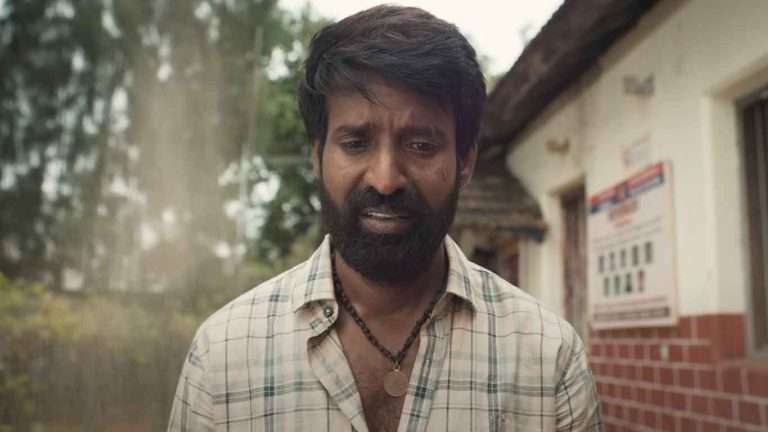The 2024 Cannes Film Festival, in comparison to the year before, was undoubtedly a downgrade. Not only was the caliber of titles not up to the same standard set by buzzy films like The Zone of Interest and Asteroid City, but even the more unexpected gems didn’t hit with the same force as last year’s unforeseen players, such as Anatomy of a Fall and The Taste of Things. That said, no edition of the Cannes Film Festival will ever be completely bereft of noteworthy movies, and 2024 had its own share of films worth seeing, whether they were already on your radar or not.
Whether premiering in competition, out of competition, or in one of the many sidebars, the films of this year’s Cannes Film Festival provided a wide range of storytellers giving their own unique spins on the world in which we live. Some of them came from voices already familiar to the Cannes scene, while others came courtesy of fresh voices. Whatever the case may be, here are 10 films from Cannes 2024 worth keeping an eye on—not even necessarily the 10 best films, but certainly 10 worth your time.
Special Mentions:
Let’s give a special shout-out to some films that almost made the list before we dive into the official selections. Among them is Lorcan Finnegan’s The Surfer, a perfect midnight screening featuring Nicolas Cage in a role that dives into both his humanity and his mercurial persona, with some strange and somehow fitting parallels with Frank Perry’s classic The Swimmer. Also worth discussing is Furiosa: A Mad Max Saga (by now, you’ve probably seen it for yourself); Ali Abbasi’s The Apprentice, which paints an interestingly non-indulgent portrait of the formative years of Donald Trump’s career; Gilles Lellouche’s Beating Hearts, an epic “Romeo & Juliet”-style modern French romance; and Gints Zilbalodis’s Flow, a lovely animated film with no dialogue but plenty of characterization for its kooky animal protagonists.
10. Emilia Pérez
By far one of the most talked-about titles to premiere in Cannes this year, “Emilia Pérez” finds festival-favorite filmmaker Jacques Audiard returning to the scene with a full-on musical in Spanish. It tells the story of a lawyer enlisted by a notorious Mexican cartel leader to aid in their gender transition and subsequently help them on their tumultuous familial journey. With its entire female ensemble winning the Best Actress award, “Emilia Pérez” makes great use of the dynamism of its performances, cultivating an energy matched by its many musical sequences.
There’s an undeniable energy to the film that enables Audiard to mold his narrative into one whose eclectic nature is part of its charm. Though the motivations of these characters can occasionally be difficult to read, and the slickness of Audiard’s vision may risk alienating some looking for something a bit deeper, the film nonetheless became one of the most widely discussed features of the festival for good reason.
9. Bird
With an Andrea Arnold film, you pretty much know what you’re going to get from the word “go,” and “Bird” is no exception, acting as a gritty, down-to-earth depiction of low-income British life from the perspective of its world-weary 12-year-old protagonist. Where the film finds its greatest strength, as with all of Arnold’s films, is in the resilience of its characters, and “Bird” comes through with perhaps some of the storyteller’s most engaging subjects to date. Obviously, Barry Keoghan, as the lead’s young father, stands out through his mere presence. Nykiya Adams, the lead actor, however, completely dominates the screen. Forced to exhibit maturity beyond her years, she finds herself in situations where her childlike mind can’t fully cope.
Of course, Franz Rogowski as the titular Bird is a noted presence as well, with Arnold utilizing the recent indie superstar’s strange physique and voice as a tool to create an arresting, spectral figure who looms over the soul of the film with a comforting ominousness. “Bird” may not sway anyone seeking a totally new avenue from Arnold—and the one time it does divert may turn established fans away—but this is Arnold giving us yet another piercing character study, in which the place is just as much a person as anyone within it.
8. Megalopolis
There was no world in which Francis Ford Coppola’s long-gestating passion project—in which he spent $120 million of his own money to finance—wouldn’t be one of the most discussed entries at any festival this year, let alone Cannes. True to form, Coppola’s vision of a man hoping to turn his city into a utopic haven is just as ambitious and messy as the subject it follows, as “Megalopolis” finds the legendary filmmaker throwing every idea he can at the wall to see what sticks.
At 85, filmmaker Coppola demonstrates surprising energy in cobbling these ideas together. However, while his effort is impressive, the film lacks cohesion, hindering a smooth flow. Despite this, “Megalopolis” remains a riotous and rigorously fascinating story. It grasps genuinely at the humanity that lies at the core of all ambitious men, a humanity that these men themselves risk losing when their ambitions outstrip their compassion. Coppola, ever the poet, refuses to let that heart stop beating, even if he has to bankrupt himself to do so.
7. On Becoming a Guinea Fowl
The only film from the Un Certain Regard section of Cannes to appear on this list. “On Becoming a Guinea Fowl” finds Zambian-Welsh filmmaker Rungano Nyoni following up her compelling debut “I Am Not A Witch” with an equally compelling tale of African traditionalism butting heads with modern conceptions of accountability. It depicts the story of a family whose lives are upended by the sudden death of an uncle. Nyoni’s sophomore feature is stark in its exploration of the horrible misdeeds at its center and is even more so in the sadder realities of how much some are willing to overlook for the sake of tradition. With a simple but uncompromising vision, “On Becoming a Guinea Fowl” gets its point across with great urgency, all without betraying the casualness that makes the behaviors of its characters all the more shocking in their inevitability.
6. The Girl with the Needle
One of the first competing films to premiere in Cannes this year would also become one of the most criminally overlooked, as Magnus von Horn’s “The Girl with the Needle” paints a disturbing portrait of life in post-WWI Denmark, in which a woman is forced to make ends meet in an economically devastated milieu through unconscionable means that bring the entire concept of motherhood into question.
With an almost Bergman-ian flair, von Horn brings a relentlessly discomforting view of life at this time, made all the more intriguing by the film’s incredible use of heavy black-and-white cinematography. Anchored by some incredibly chilling performances courtesy of Vic Carmen Sonne and Trine Dyrholm, “The Girl with the Needle” will undoubtedly draw in a steady crowd that will continue to question its lack of success at the Cannes closing ceremony for years and years to come.
Also Related to Cannes 2024 Films: A Brief History of the Struggles of Blacks in Cinema
5. The Balconettes
Who knew that Noémie Merlant—best known as the star of Céline Sciamma’s “Portrait of a Lady on Fire”—had an inner Almodóvar just waiting to be unleashed? In her second film as director, Merlant embraces the trashiness one would find in one of Almodóvar’s ‘80s classics to highlight the absurdity that women must endure in life in “The Balconettes,” a hilarious and sharply unexpected romp that doesn’t let its more serious implications go unchecked.
A perfect midnight screening, the film utilizes Merlant’s and Sciamma’s screenplay as a foundation to explore staunchly feminist themes through the lens of an intense narrative that makes incredible use of its fluid cast and stifling setting. Just as unexpected in its style of humor as it is in its almost antithetical style of messaging, “The Balconettes” manages to become an entirely harmonious reclamation of female power that would make a person of any gender giddy with excitement and ready to watch it another 10 hours.
4. All We Imagine As Light
Winner of this year’s Grand Prix—and, just as soon as it had premiered, immediately in the talks to win the Palme d’Or—Payal Kapadia’s narrative debut “All We Imagine As Light” follows up her incredibly ambitious documentary “A Night of Knowing Nothing” with another feature that tackles Indian politics, but this time with a more implicit, tender perspective that prioritizes the individuals at its center as a microcosm for the situation at large.
With a great concentration on modern alienation in Mumbai—akin to the sort of urban detachment one might find in the works of Wong Kar-wai or Jia Zhangke—Kapadia unearths her characters’ circumstances through the gentility of their dispositions, crafting a tale of loves crumbling and assembling in a world that has long ago abandoned any sense of investment in the lives of those keeping it afloat. “All We Imagine As Light,” fittingly enough, acts as a beacon to guide us from the darkness but does so with a calming hue that never overstuffs its narrative with a false sense of urgency that isn’t already felt in every glance between its subjects.
3. The Seed of the Sacred Fig
Mohammad Rasoulof’s follow-up to his Golden Bear-winning “There Is No Evil” was already destined to be a contested topic in his native Iran even before news broke that the dissident filmmaker was sentenced to a prison sentence and flogging before escaping his way to Europe. Having attended the premiere of his latest, “The Seed of the Sacred Fig,” Rasoulof’s mere presence was enough to imbue the film with a greater sense of political urgency that almost overshadowed just how starkly political the film itself turned out to be.
There is no doubt why the Iranian Revolutionary Court would take umbrage with the story of one of their own investigative judges turning on his family in the midst of ongoing anti-authoritarian protests, and Rasoulof ensures that the potency of his story is never overshadowed by outside circumstances. On the contrary, it is precisely the circumstances surrounding “The Seed of the Sacred Fig” that make the film itself resonate so deeply, but that isn’t to say that Rasoulof’s efforts behind the camera don’t stand on their own as a compelling, twisty narrative of responsibility and trust. In any event, “The Seed of the Sacred Fig” immediately plants its roots as a necessary and thrilling view of Iranian society today, as only one of its most observant storytellers could relay.
2. Anora

The film that won this year’s coveted Palme d’Or may not have been the choice I’d have personally made, but Sean Baker’s “Anora” is nonetheless one of the most talked-about and acclaimed films in Cannes for a reason. Continuing Baker’s humanistic exploration of sex work in the United States, “Anora” takes a lengthy, complex, comedic approach to its narrative.
Through Mikey Madison’s empathetic and endlessly entertaining presence, the film takes perhaps a bit too much time to explore the unexpected ramifications of what happens when a sex worker marries the son of a ridiculously wealthy Russian oligarch. Regardless, “Anora” finds in its comedy and hijinx a deeply felt core in which the human experience is filtered through those that society at large might rather not acknowledge, which is a perspective that Baker has always found himself championing. With his newest film, we can see precisely why that perspective has reached its broadest appeal yet.
1. The Substance
What really should have been a Palme d’Or shoo-in in a post-Titane world, Coralie Fargeat’s follow-up to “Revenge” finds the French filmmaker exploring Cronenberg-like aesthetics with far more vigor and substance (haha!) than the actual David Cronenberg movie we were forced to suffer through in Cannes this year. The story of an aging actress whose vanity compels her to try out an experimental serum that creates a younger, hotter version of herself, “The Substance” uncovers a deeply toxic sense of self-hatred that comments on the horrid standards we place on women in society, all the while exploring it with some of the most wildly creative camerawork and editing you’ll likely find all year.
While it’s nice that Fargeat walked away with the festival’s screenplay award, how she lost out on the directing prize to Miguel Gomes makes virtually no sense whatsoever. Featuring powerhouse performances from Demi Moore and Margaret Qualley, “The Substance” is the best film to premiere out of the Cannes Film Festival this year and will likely remain one of the top films by the time the year is out.

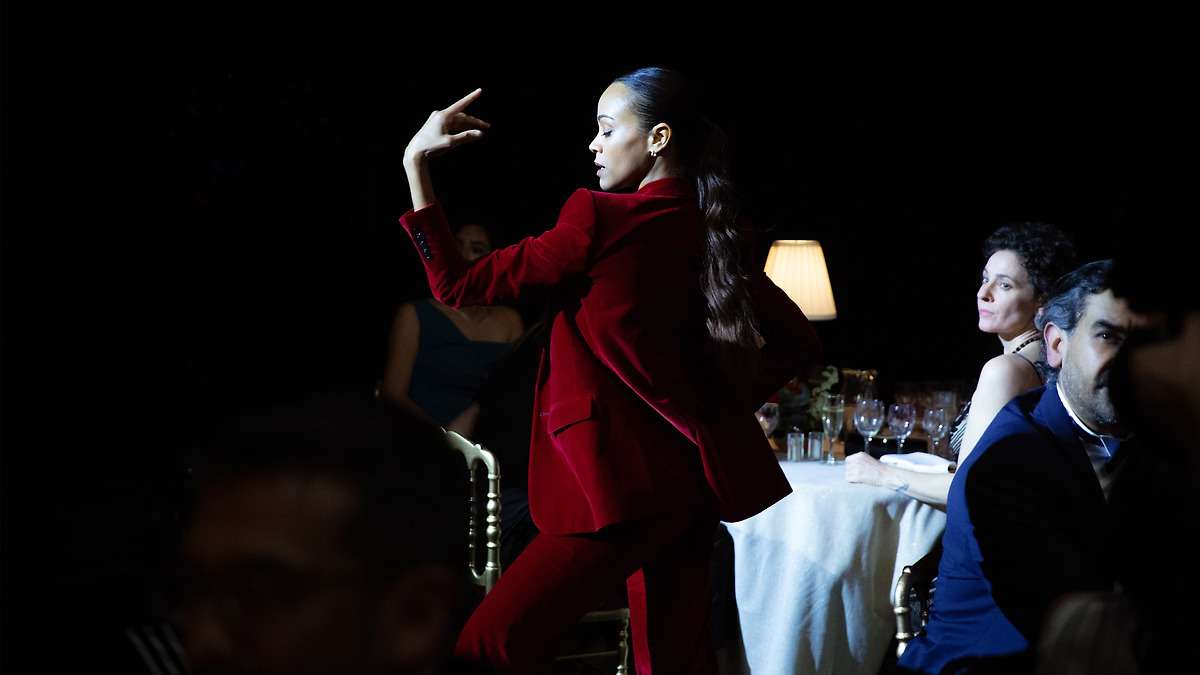
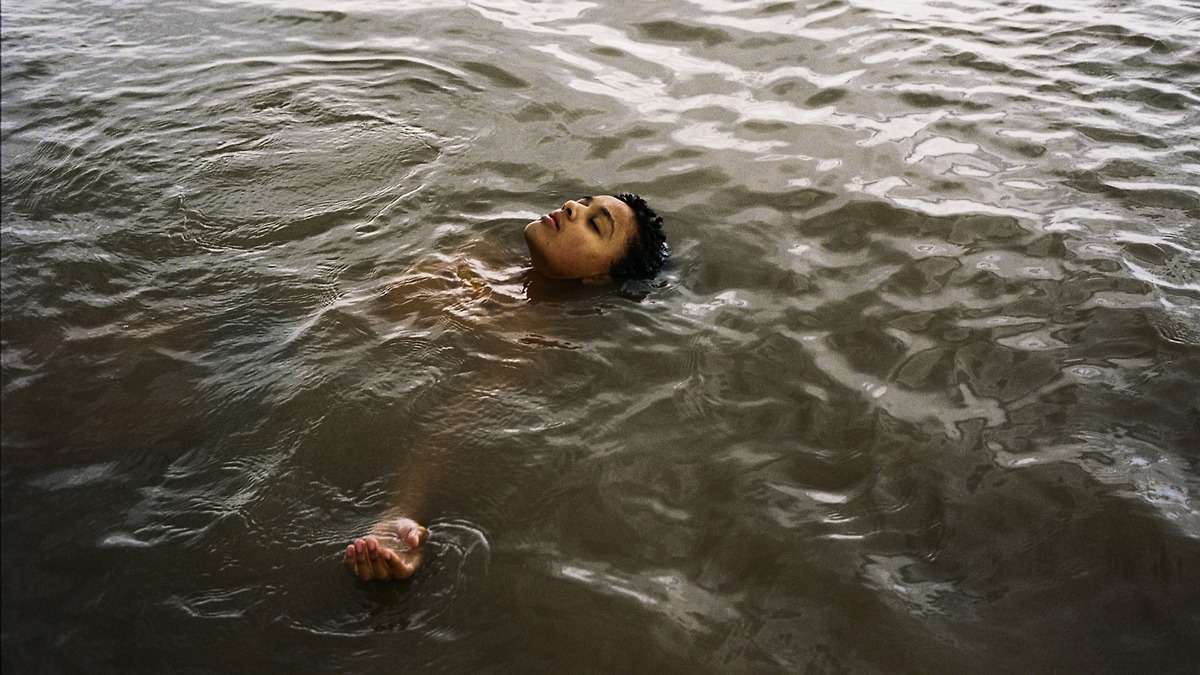


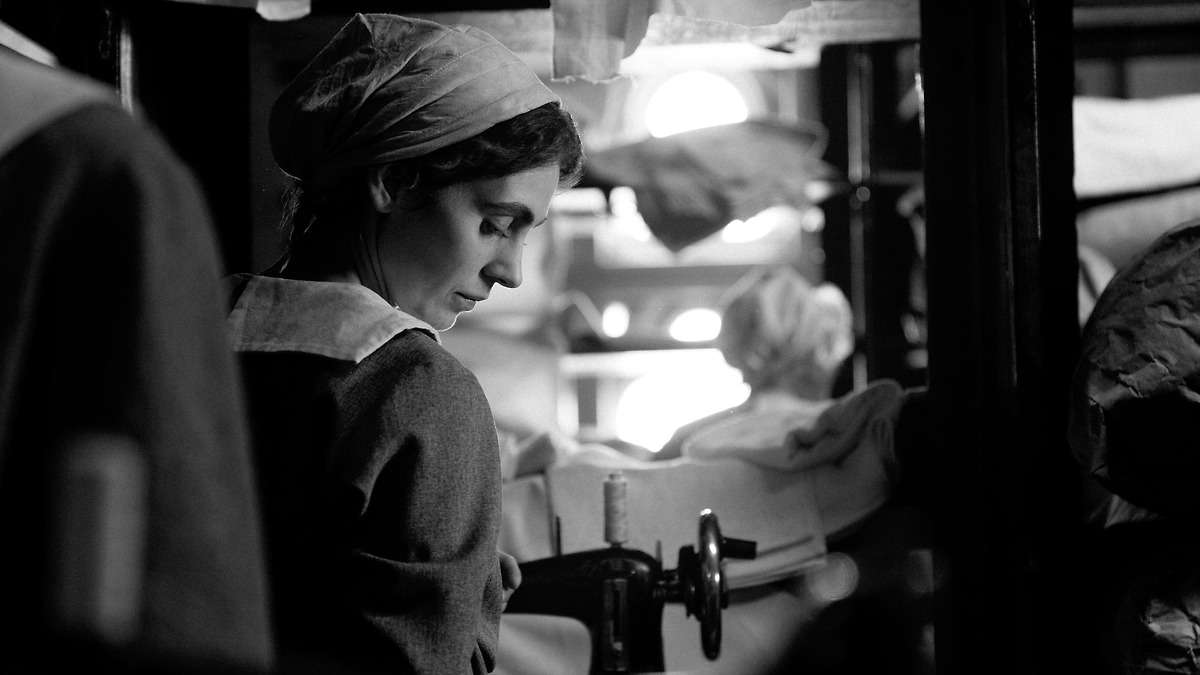
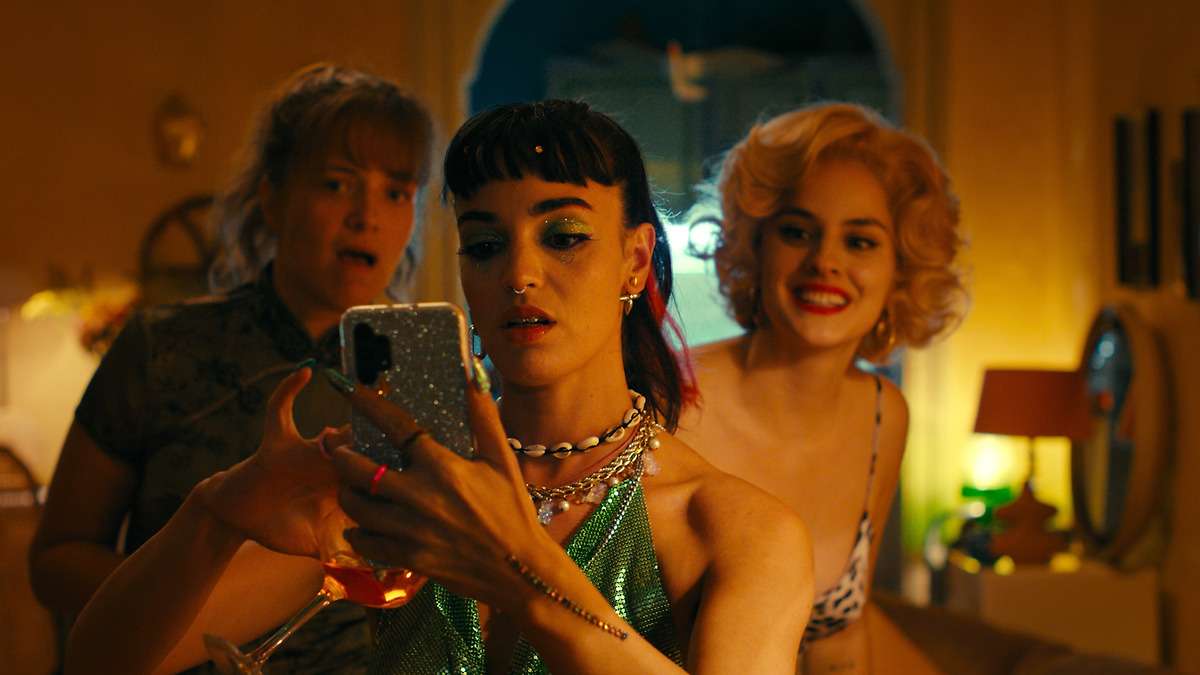
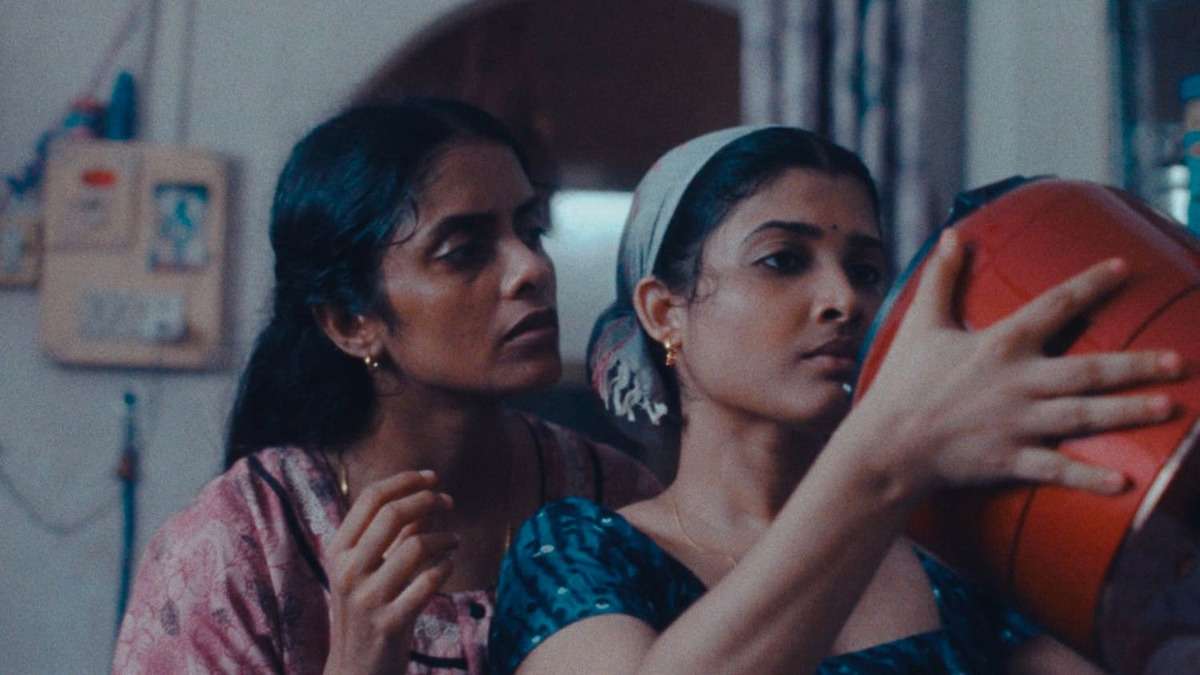
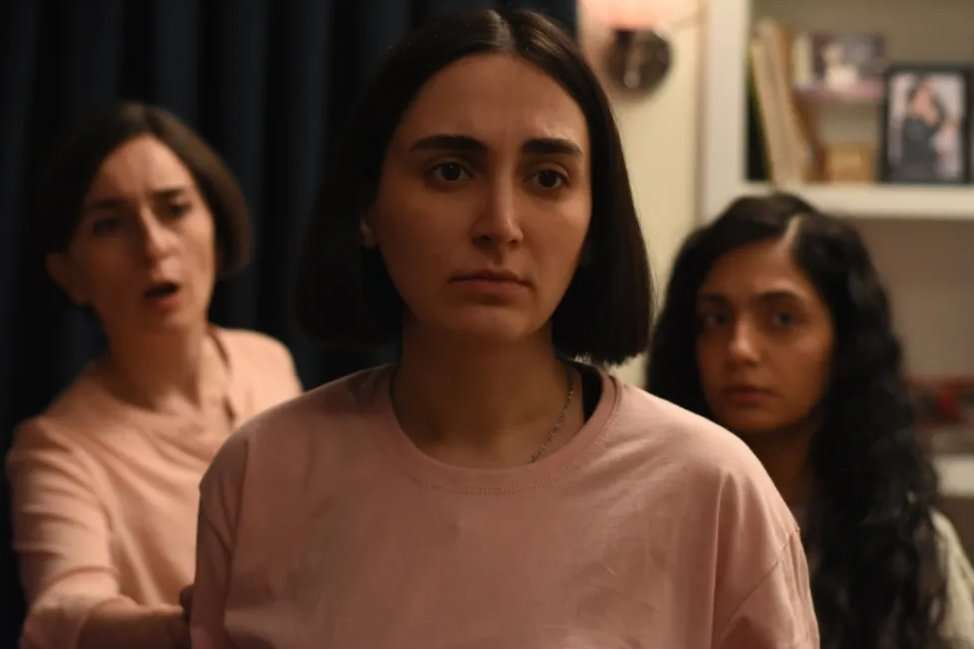
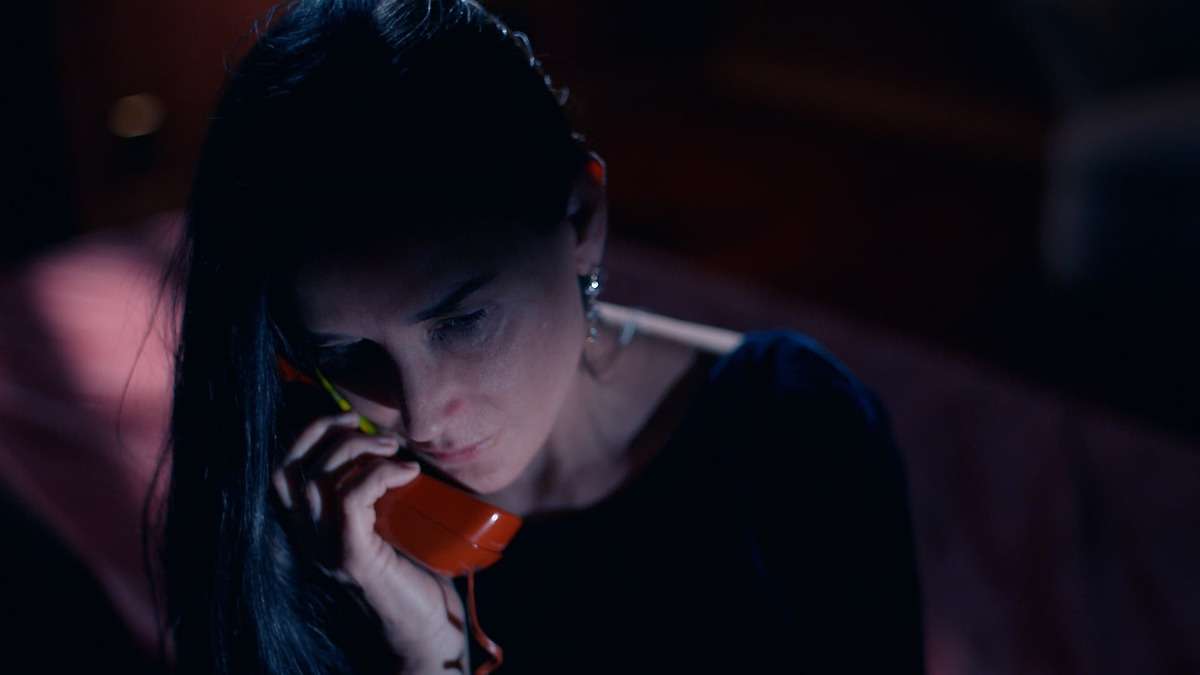


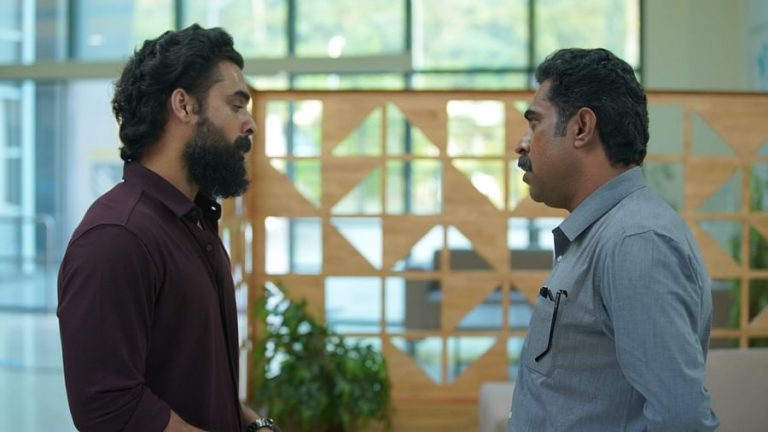

![A Spike Lee Joint: She Hate Me [2004]](https://79468c92.delivery.rocketcdn.me/wp-content/uploads/2019/08/she-hate-me-768x400.jpg)
![It Must Be Heaven [2019]: ‘MAMI’ Review – An Absurdist Observational Comedy Wrapped in a Meta-Critic of Political and Societal bounds](https://79468c92.delivery.rocketcdn.me/wp-content/uploads/2019/11/It-Must-Be-Heaven-highonfilms-768x295.jpg)
